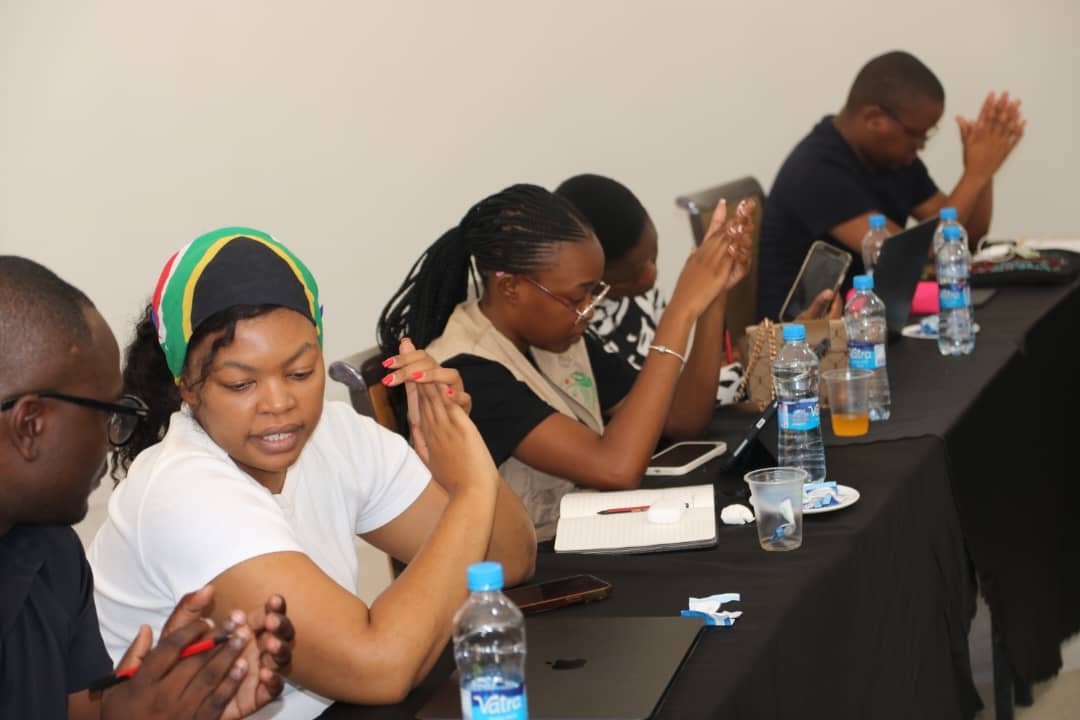The Indispensable Role of Student Activism in Resisting Authoritarianism in Southern Africa
Student activism in Southern Africa represents a critical bulwark against the encroachment of authoritarianism, functioning as a dynamic force for democratic principles and social change. These movements, characterized by their collective public expression, challenge established power structures and foster politically pertinent public debate, thereby directly contradicting the central tenets of authoritarianism, which typically suppress dissent and alternative viewpoints.
Historical and contemporary analyses reveal that student activism plays a multifaceted role in resisting authoritarianism. Firstly, it serves as a catalyst for challenging repressive regimes and policies. The historical trajectory of student movements in sub-Saharan Africa, notably during the independence movements of the 1940s and 1960s, exemplifies this role. Similarly, in Nigeria, student alliances with pro-democracy groups and labor unions were instrumental in opposing military dictatorships. In Zimbabwe, student activists, identifying as defenders of revolutionary ideals, persisted in protest despite state-sanctioned violence, and more recently, have been prominent in the struggle for democratic governance amidst neo-liberal reforms.
Secondly, student activism functions as a mechanism for demanding accountability and transparency from authorities.Instances such as the protests at Makerere University, driven by demands for transparency, concerns over tuition increments, and limited academic freedom, highlight the students’ challenge to authoritarian tendencies that thrive in environments lacking transparency and accountability. The 2019 demonstrations against tuition increases, which escalated into violent confrontations, underscore the resistance to unilateral decision-making processes.
Thirdly, universities serve as crucial platforms for the articulation of dissenting ideas and alternative viewpoints. Despite facing surveillance and control, as evidenced by governmental monitoring in Kenyan universities, students utilize these spaces to voice their opposition. This phenomenon echoes historical precedents, such as the “Butter Rebellion” at Harvard and the Berkeley protests, demonstrating the enduring tradition of students employing collective action to challenge authority.
Fourthly, student activism facilitates the formation of spaces for connection and mobilization. Historical examples, such as the West African Student Union (WASU) and the Fédération des Étudiants d’Afrique Noire en France (FEANF), illustrate the role of student organizations in fostering nationalist politics. In Senegal, students constructed networks extending into rural areas to mobilize support for political change. These collective actions counter the isolation and suppression of opposition that authoritarian regimes often employ.
Fifthly, despite facing violent crackdowns and restrictions on their freedoms, student activists demonstrate remarkable resilience and agency. As articulated by Altbach’s Theory of Student Activism, student agency is a critical factor in shaping activism. The persistent strikes at Makerere University, even leading to university closures, exemplify this unwavering agency in the face of institutional and state authoritarianism.
Sixthly, student activism serves to expose grievances and demand resolution. Even when university management is reluctant to engage, the act of protesting forces authorities to acknowledge and potentially address issues. At Makerere University, the failure of management to engage with student needs directly fueled escalating activism.
Finally, student activists strategically challenge the “spatial technologies of domination” employed by authoritarian regimes. By utilizing spaces of proximity to power, connection with other social groups, and gathering on campuses and in urban areas, they disrupt control mechanisms. The 1968 Senegalese protests, which involved marching to the presidential palace, directly confronted the symbolic center of power. Conversely, governmental attempts to spatially reconfigure higher education to quell activism underscore the regime’s recognition of the power of these spatial strategies of resistance.
In conclusion, student activism in Southern Africa represents a vital force against authoritarianism. By challenging repressive policies, demanding accountability, providing platforms for dissent, fostering collective action, exercising agency, exposing grievances, and strategically utilizing and contesting spatial dimensions of power, students are not merely challenging the status quo; they are actively shaping the trajectory of their nations. Their unwavering commitment serves as a testament to the enduring power of collective action in the face of oppression, and is an indispensable component of the region’s democratic resilience

